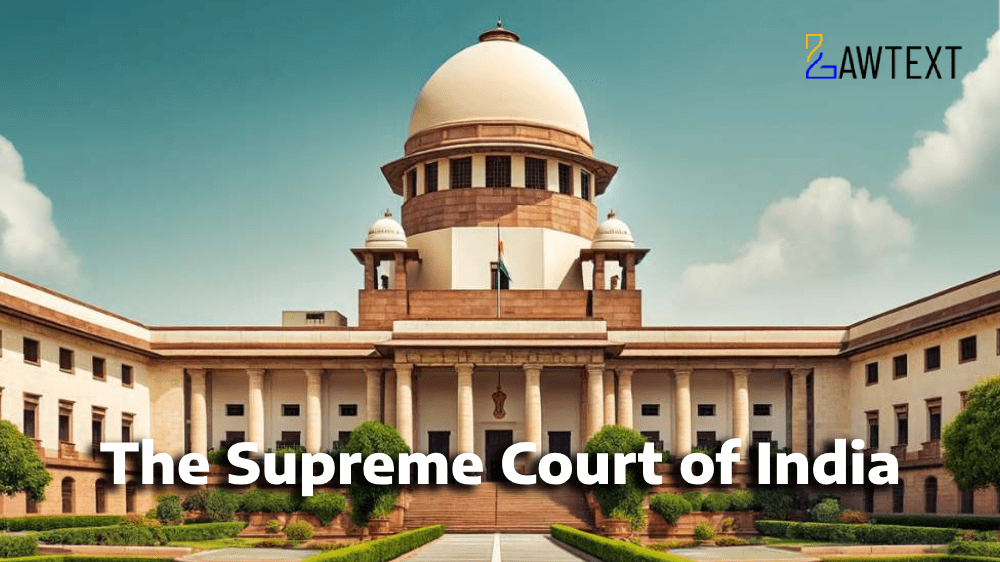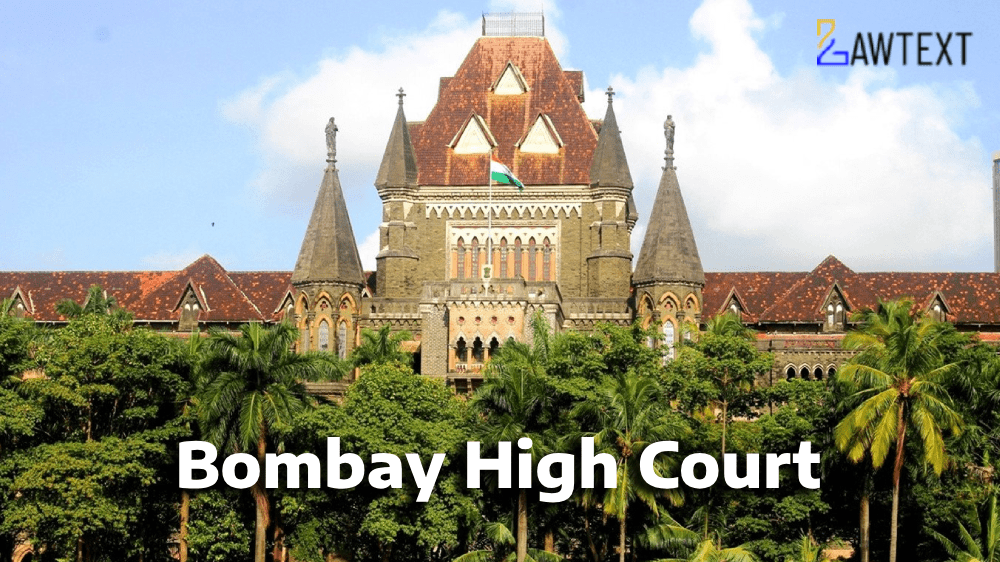Case Note & Summary
The Supreme Court of India, ruled that the custody of a 14-year-old girl, Sumaiya Khanam (also known as Dania Aman Khan), would remain with her aunt, Shazia Aman Khan (appellant), and her family, despite the biological father’s petition. The Court prioritized the child’s welfare and stability, holding that her best interests were served by continuing to live with the family where she had grown up since infancy.
1. Case Background and Jurisdiction (Paras 1-5): The case involved the custody of a minor girl, with the biological father (respondent No. 2) seeking her return. The child had been living with her aunt (appellant No. 2) since she was 2-3 months old. The High Court had earlier ordered the recovery of the child, which led to the appeal in the Supreme Court.
2. Appellants' Arguments (Paras 6-6.6): The appellants argued that the child had been under their care for 14 years without any objection from the father until 2015. They stressed the child’s welfare and her strong ties with the family. The appellant also offered to provide financial security to the child, asserting that removing her from the stable environment at this stage would be detrimental.
3. Respondent's Arguments (Paras 7-7.2): The father contended that the child was not abandoned, and efforts to reclaim custody were made earlier, though they were delayed due to the COVID pandemic. He argued that under Mohammedan law, custody should not be granted to a stranger (appellant’s husband). The father also emphasized the importance of the child’s identity and connection with her twin sister.
4. Legal Precedents and Judicial Findings (Paras 9-16): The Court reviewed past decisions emphasizing that the welfare of the child is paramount in custody matters. It highlighted the distinction between custody and guardianship and considered the stability, emotional well-being, and expressed wishes of the child, citing key rulings like Athar Hussain v. Syed Siraj Ahmed, Mausami Moitra Ganguli v. Jayant Ganguli, and Nil Ratan Kundu v. Abhijit Kundu.
5. Court’s Interaction with the Child (Para 17): The child, upon being interviewed by the Court, expressed her desire to remain with the appellants and did not wish to disrupt her current life. The Court recognized her capacity to make an informed decision due to her age and maturity.
6. Final Decision (Paras 19-21): The Court ruled in favor of the appellants, noting that the child's welfare would be best served by maintaining the current custodial arrangement. It acknowledged the importance of stability and the child’s expressed wishes in reaching its decision.
Acts and Sections Discussed:
Sections 363, 346, 120-B of IPC: These were part of the father's legal complaint, alleging kidnapping, though the claims were dismissed by the police. Guardianship and Wards Act, 1890 (GWC Act): The case referenced distinctions between custody and guardianship under this law. Mohammedan Law on Custody: The court acknowledged that under Islamic law, formal adoption isn't permitted, but "Kafalah" allows for custodianship without severing ties with biological parents.Ratio Decidendi:
The welfare of the child, including stability, emotional well-being, and the child’s own wishes, takes precedence over the rights of biological parents in custody matters. The Court highlighted that while biological parents are the natural guardians, custody can lawfully remain with another relative if it is in the best interest of the child. Stability and emotional ties are critical considerations, especially when the child is of an age to express a reasoned preference.
Subjects: #ChildCustody #WelfareOfTheChild #SupremeCourt #FamilyLaw #CustodyVsGuardianship #ParensPatriae #ChildRights
Issue of Consideration: SHAZIA AMAN KHAN AND ANOTHER VERSUS THE STATE OF ORISSA AND OTHERS
Premium Content
The Issue of Consideration is only available to subscribed members.
Subscribe Now to access critical case issues





